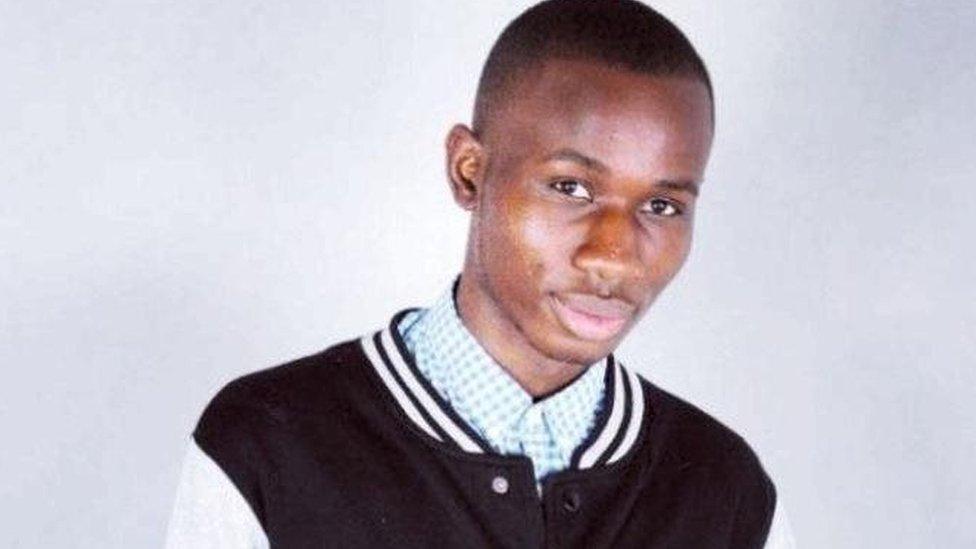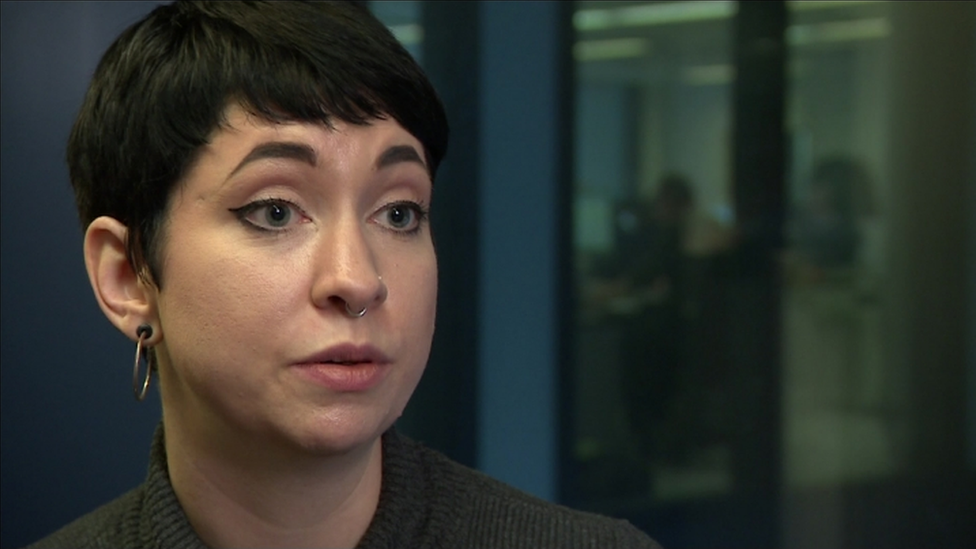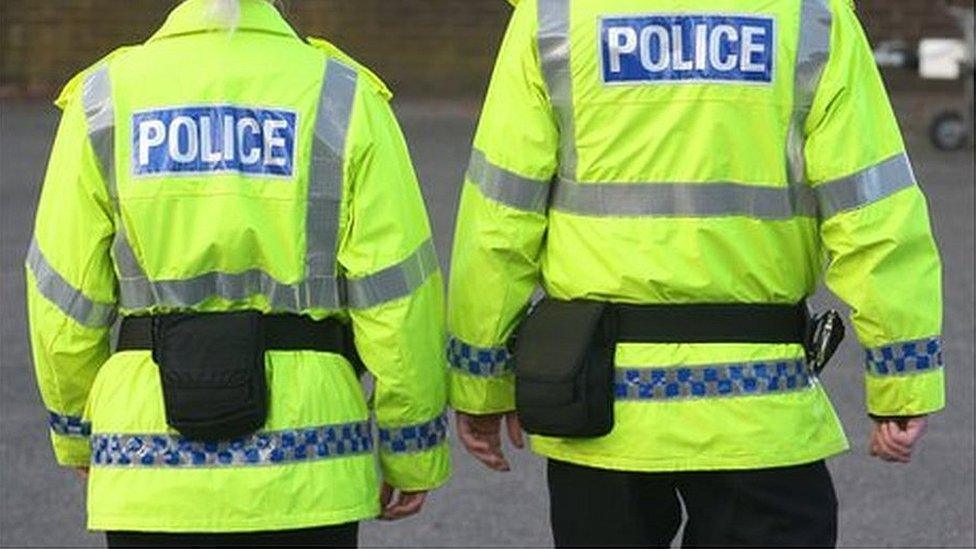Collapse of rape trials appalling, says attorney general
- Published
Rape trial collapse student Liam Allan felt 'pure fear'
The collapse of two rape cases in one week was an "appalling failure" of the criminal justice system, Attorney General Jeremy Wright has said.
Two young men were cleared when it emerged that Met Police officers had failed to disclose crucial evidence.
Around 30 rape cases about to go to trial are to be reviewed immediately and "scores" more will be looked at.
Metropolitan Police Commissioner Cressida Dick admitted that police and prosecutors had made mistakes.
She said the 30 cases would not be reinvestigated, but would be reviewed to make sure everything that should have been disclosed had been.
The police have a duty to disclose any material to the defence that might support their case. If disclosure fails, innocent people go to jail, says the BBC's legal correspondent Clive Coleman.
"We need to learn lessons," Ms Dick told BBC Radio London, and insisted her officers were professional and fair with a "very complex job" to do.

Isaac Itiary was charged with raping a child in July but the case collapsed
The trial of student Liam Allan, 22, was thrown out at Croydon Crown Court last week.
The case collapsed three days into the trial when the police were ordered to hand over phone records showing the alleged victim had pestered Mr Allan for casual sex.
Days later, another prosecution case collapsed against Isaac Itiary, who was facing trial at Inner London Crown Court, accused of raping a child.
He was charged in July but police only disclosed "relevant material" in response to his defence case statement as his trial was about to start.
The same Met Police officer had worked on both men's cases. He remains on full duty.
The Met said it would review both these cases separately, as well as carrying out the wider review of other live rape cases.
'Deeply worrying'
Justice minister Dominic Raab said it was "absolutely right" for the Met to carry out the review, adding: "The basic principle of British justice is at stake."
"The proper disclosure obligations in these two cases have not been discharged, and that is deeply worrying," he told BBC Radio 5 live.
"This is not a new thing. It should be made easy by technology," he added.

Analysis
By BBC home affairs correspondent Danny Shaw
The cases of Liam Allan and Isaac Itiary are very different.
As far as Mr Allan is concerned, the Met has accepted the case "clearly went wrong".
Crucial information was disclosed to defence barristers so late that the trial was already well under way.
In Mr Itiary's case, procedures appear to have been followed, though it's possible police could have acted more quickly.
What the cases have done is shine a light on the importance of following disclosure rules.
Undoubtedly the squeeze on resources, with cuts in the Crown Prosecution Service and policing and a national shortage of detectives, together with the increased caseload for sexual offences units, have played their part.
An inspection report this year also pinpointed inadequacies in training and supervision.
Some see the problems as a direct result of a misplaced culture of "believing" the victim, where police don't look for or withhold contradictory evidence - but that's an assertion for the attorney general's inquiry to examine.

Last week, Attorney General of England and Wales Jeremy Wright ordered a review to look at disclosure processes - including codes of practice, guidelines and legislation relating to sex offences and other crimes - which is expected to report back next year.
Speaking to the BBC, Mr Wright said the two cases of the young men were "obviously appalling failures of the criminal justice system".
"We need to understand and understand urgently what went wrong in those cases," he said.
He added that there were already concerns about the disclosure system due to the large amounts of digital information that needed filtering and sifting to find evidence that ought to be disclosed.
- Published18 December 2017

- Published9 November 2017
